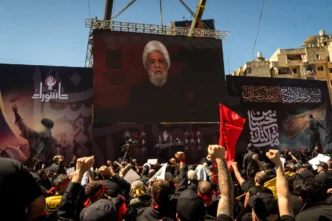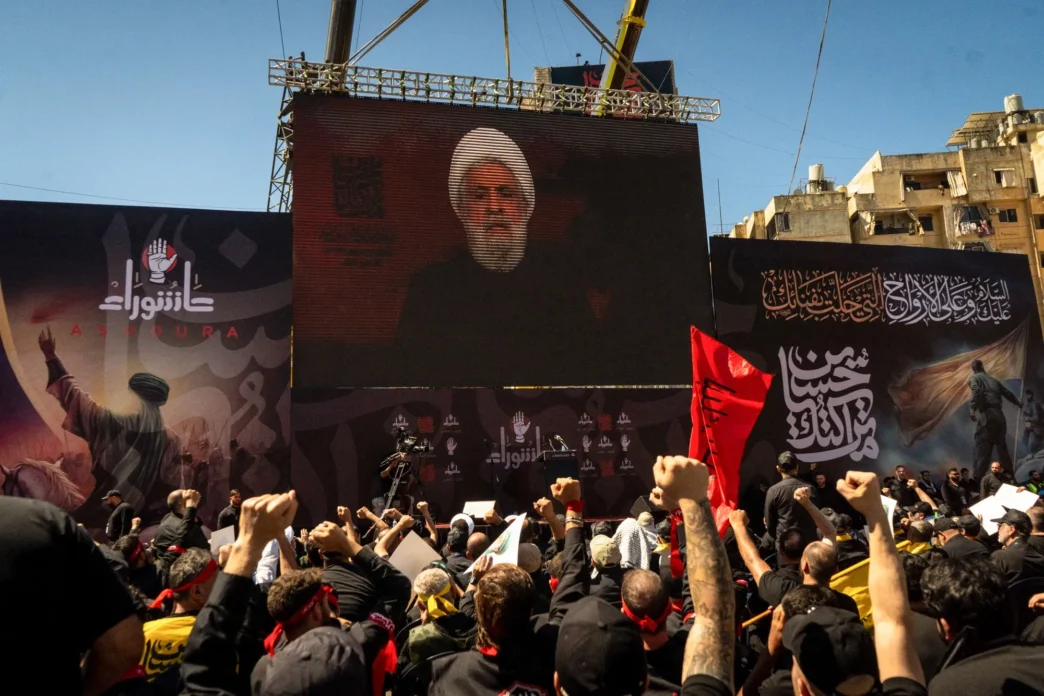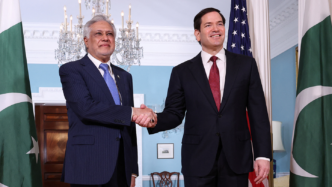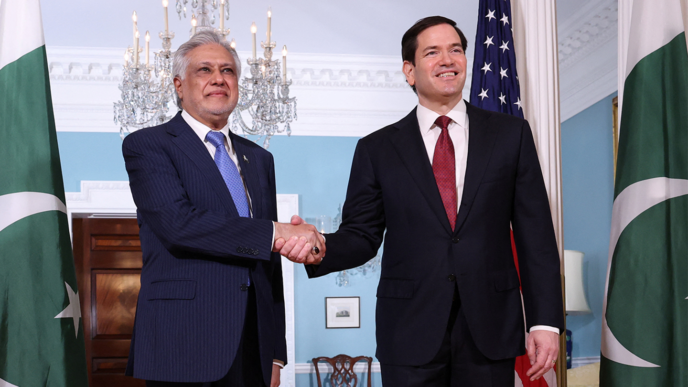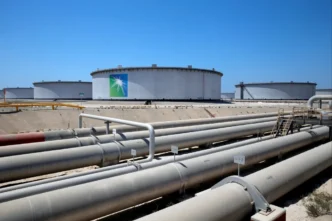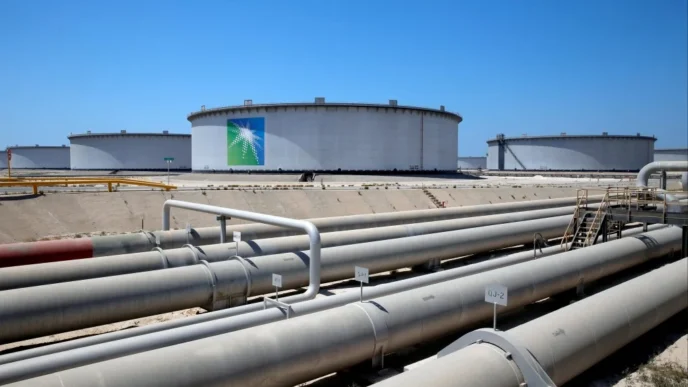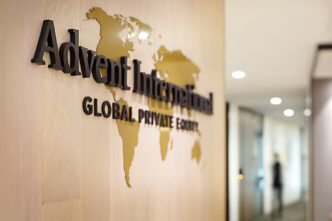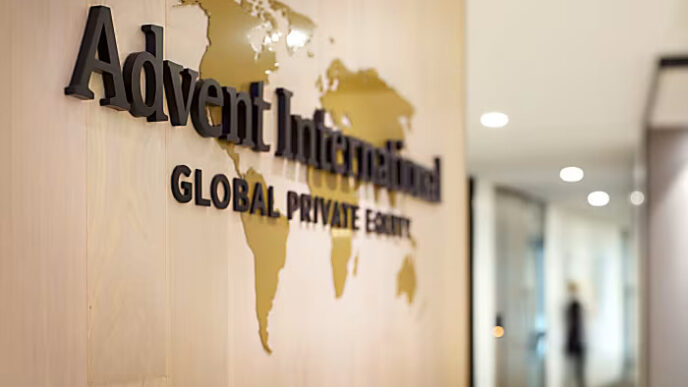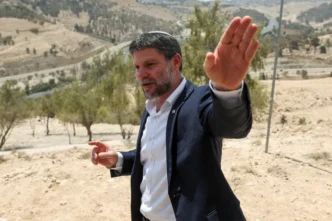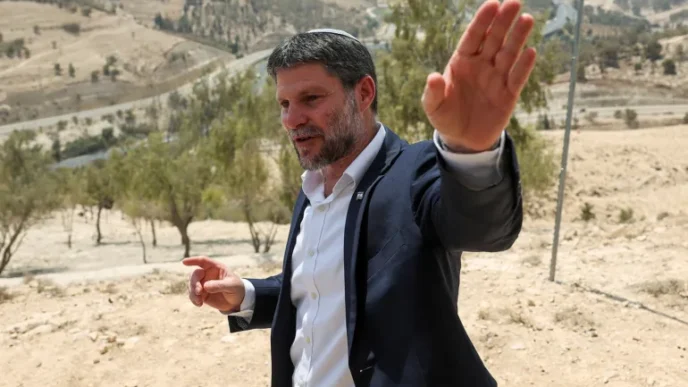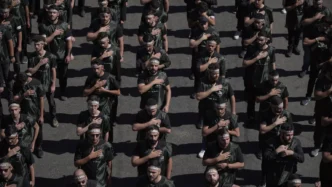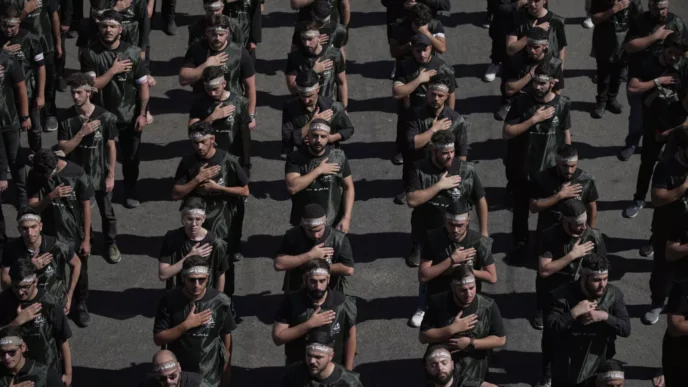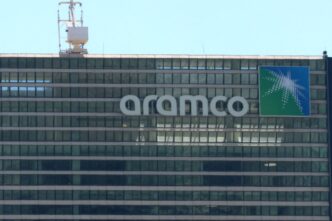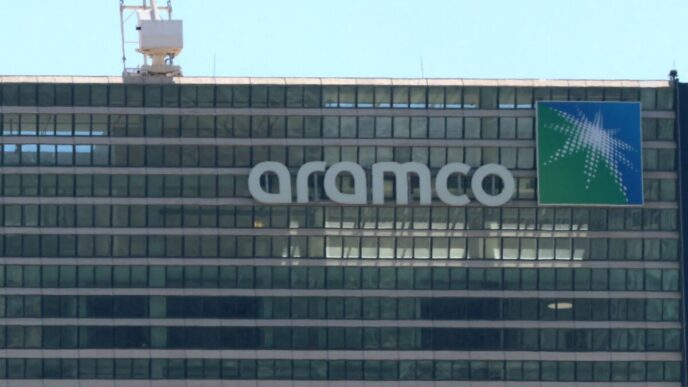The United States and key Gulf allies are intensifying diplomatic and political pressure on Lebanon to fully disarm Hezbollah, a move that has reignited internal divisions and heightened concerns over the nation’s fragile stability. While Washington frames the effort as a step toward regional security, Lebanese leaders warn that such demands risk pushing the country deeper into political paralysis and potential civil unrest.
A Renewed Focus on Hezbollah’s Arsenal
Hezbollah, the Iran-backed Shiite political and military force, has maintained a significant armed wing since the 1980s, justifying its weapons as necessary for resisting Israeli occupation and defending Lebanon’s sovereignty. Despite periodic clashes with Israel and intermittent calls for disarmament, Hezbollah has grown into one of the most heavily armed non-state actors in the world.
The latest push from the US and Gulf states—particularly Saudi Arabia and the United Arab Emirates—comes against the backdrop of heightened regional instability, fears of a wider Israel–Lebanon conflict, and mounting frustration over Iran’s influence in Beirut. Officials in Washington have reportedly tied elements of economic and political support to measurable steps toward disarmament.
Diplomatic Pressure Meets Political Reality
In recent months, American and Gulf envoys have increased their visits to Beirut, urging Lebanese politicians across the spectrum to take a unified stance on implementing United Nations Security Council Resolution 1559, which explicitly calls for the disbanding of all militias in Lebanon.
However, Lebanon’s political landscape remains deeply fractured. Hezbollah’s allies, including the Amal Movement and certain Christian factions, argue that the group’s weapons are a deterrent against Israeli aggression. Opponents, including several Western-backed parties, counter that Hezbollah’s military presence undermines the authority of the Lebanese state and invites external conflicts into the country.
Economic Leverage and Conditional Aid
Lebanon’s ongoing economic collapse, now in its fifth year, has created additional leverage for foreign powers. Gulf states have historically been key financial supporters of Lebanon but have largely withheld significant aid since 2019, citing Hezbollah’s dominance in political affairs.
US officials have hinted that future economic assistance—both from Washington and international financial institutions—could depend on concrete moves to integrate Hezbollah’s forces under the Lebanese Armed Forces (LAF) or disband them entirely. Saudi Arabia and the UAE, meanwhile, are using their economic influence and diplomatic channels to push similar demands.
Hezbollah’s Firm Resistance
For its part, Hezbollah has made clear that it will not surrender its weapons under foreign pressure. Speaking at a recent rally, Secretary-General Hassan Nasrallah warned that disarmament would leave Lebanon “naked before the enemy” and accused the US and Gulf states of seeking to weaken Lebanon to serve Israeli interests.
Hezbollah also retains significant grassroots support in parts of Lebanon, particularly in the south and the Bekaa Valley, where many residents view the group as a protector against both Israeli military action and domestic instability.
A Country on Edge
The disarmament debate comes at a time when Lebanon is already grappling with hyperinflation, mass emigration, political deadlock, and the lingering trauma of the 2020 Beirut port explosion. Many Lebanese fear that renewed foreign pressure could spark political violence or even reignite the civil war fault lines that scarred the country from 1975 to 1990.
“Lebanon cannot handle another internal conflict,” said a Beirut-based political analyst. “But the more external actors push for disarmament, the more Hezbollah will dig in—and that tension is a dangerous game.”
Regional Implications
If the US and Gulf states succeed in weakening Hezbollah’s military arm, it could shift the regional balance of power, particularly along the Lebanon–Israel border. Conversely, failure could embolden Hezbollah and Iran, undermining Gulf efforts to curb Tehran’s regional influence.
For now, the standoff is likely to continue, with Beirut caught between powerful foreign demands, deep internal divisions, and the risk of sliding further into instability.


